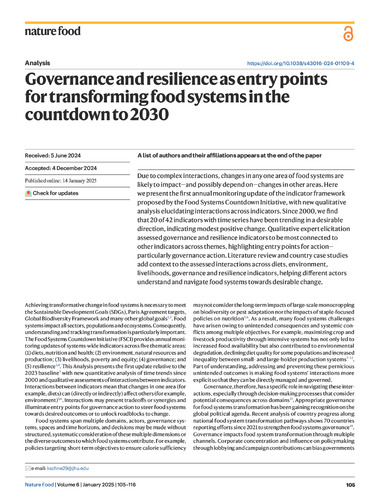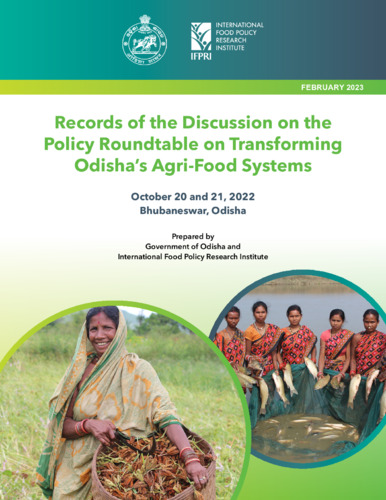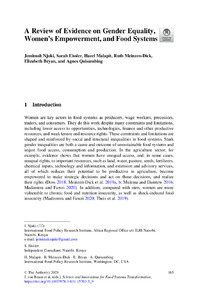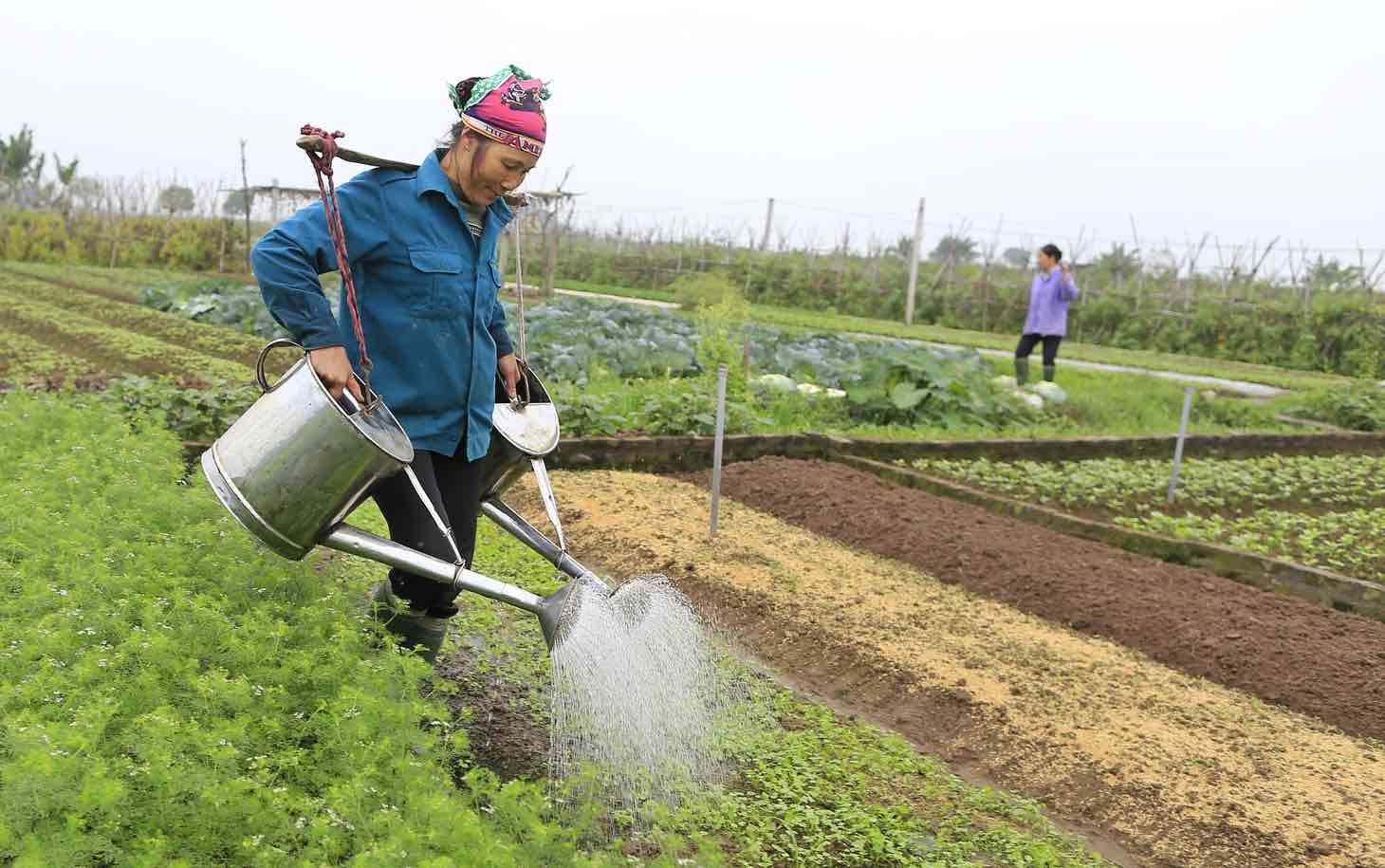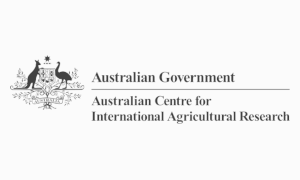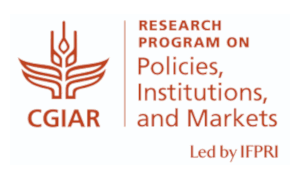Smallholder farmers in developing countries face substantial constraints that limit their ability to reach their production potential. One such constraint is credit; Smallholders and other agricultural value chain participants frequently cannot access credit necessary to invest in new crops or technologies, deal with risks and shocks, and safely carry wealth from harvest to planting. New technologies, markets, and government priorities in Indonesia, Myanmar, and Viet Nam combine to suggest new opportunities are emerging to overcome long-standing challenges to expanding agricultural finance: (i) high transaction costs to financing in rural areas; (ii) managing risks unique to agriculture; and (iii) knowledge about how to deliver agriculture-based products. Yet new technology will neither fully eliminate barriers to increased production nor improved resilience against shocks if farmers lack markets for additional output, or if financial providers lack sufficient information to assess potential clients, supervise loans, and address risks. As such, incorporating digital technologies into existing models of whole-of-value chain agricultural finance is a potentially attractive approach to increased smallholder production.
The Inclusive Agricultural Value Chain Financing Project (IFS4Ag), led by IFPRI, is a collaboration between the University of Sydney, the Indonesian Centre for Agricultural Socio Economic and Policy Studies (ICASEPS), the Institute of Policy and Strategy for Agriculture and Rural Development (IPSARD) in Vietnam, and the Myanmar Economic Association (MEA) in Myanmar. It aims to increase knowledge about how to design and implement innovative and inclusive agricultural value chain financing models in South East Asia.
It has four primary objectives:
- To increase understanding about the context and potential for agricultural value chain financing models and approaches;
- To develop a rigorous impact evaluation design for agricultural value chain financing models that will be implemented by partners;
- To increase knowledge about how to design and implement innovative and inclusive agricultural value chain financing models in target countries;
- To enhance awareness and adoption of agricultural value chain financing models.
The project has two phases. In Phase 1, the research team beginning with a cross-country inception workshop, and will include in-depth consultations with public and private actors in each country to identify constraints and opportunities for whole-of-chain financing, generating country reports targeted at key policymakers. It will also involve building partnerships to facilitate the identification of financing models worthy of further study, and includes country workshops to disseminate findings and stimulate broader discussion for value chain finance policymaking. In Phase 2, specific value chain finance projects will be developed from Phase 1 results. The projects will be conducted as randomized control trials (RCTs), generating a set of linked studies on the impacts and optimal design of financing models. The project will close with a significant policy workshop in each country to disseminate findings and further advance policy, laying the groundwork for longer-term impact.





